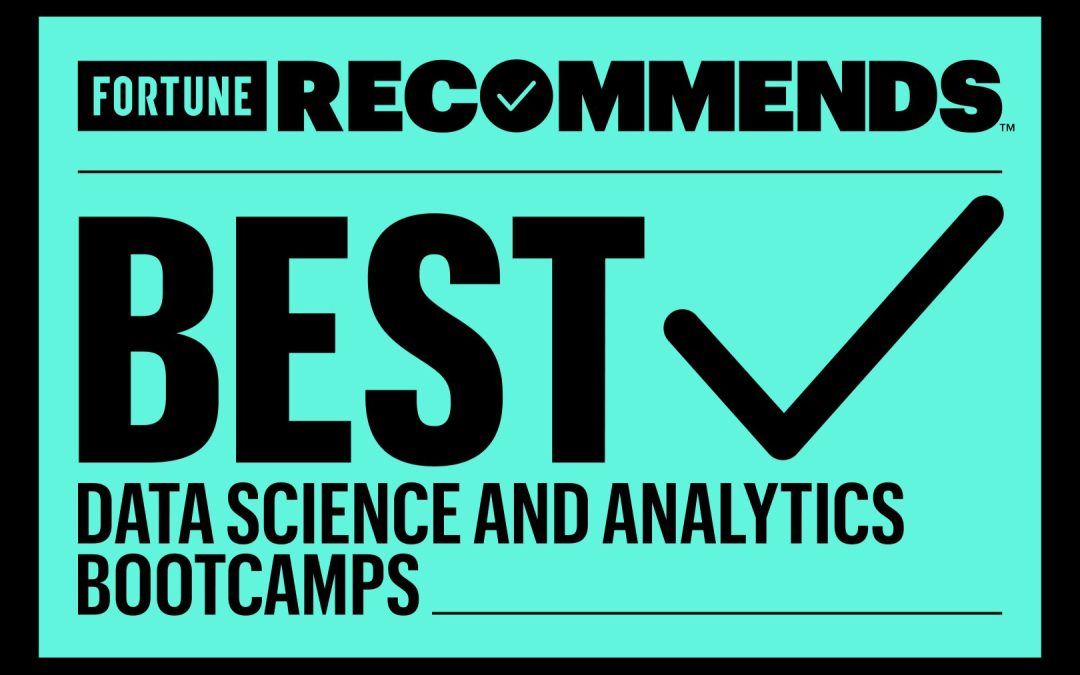Key Highlights
- Data science bootcamps offer intensive training programs designed to equip individuals with the skills needed for a career in data science.
- These bootcamps are often shorter and more affordable than traditional degree programs, making them an attractive alternative.
- Curriculum typically covers essential programming languages like Python, SQL, and R, as well as vital concepts such as data visualization, machine learning, and predictive analytics.
- Many bootcamps provide career support services to help graduates transition into data science roles.
- The demand for skilled data science professionals continues to grow, making this career path promising for aspiring individuals.
Introduction
In today’s world, we see a strong need for skilled data science professionals. Many people want to enter this well-paying field or improve their skills for career growth. Data science bootcamps, along with pursuing a PhD, have become a popular choice. But are these programs really worth the money? This article looks at data science bootcamps. It covers what they offer and if they fit your career goals.
Understanding Data Science Bootcamps
A data science bootcamp is a fast-paced program that helps students learn data science quickly. Unlike regular degree courses, which take years to finish, bootcamps take just a few months to a year.
These programs focus on practical learning. They teach skills that students can use right away in real jobs. Data science bootcamps are for many people, including those changing careers to tech and workers wanting to improve their skills in their jobs. According to Course Report, the average data science bootcamp costs around $16,000 and lasts 3-6 months.
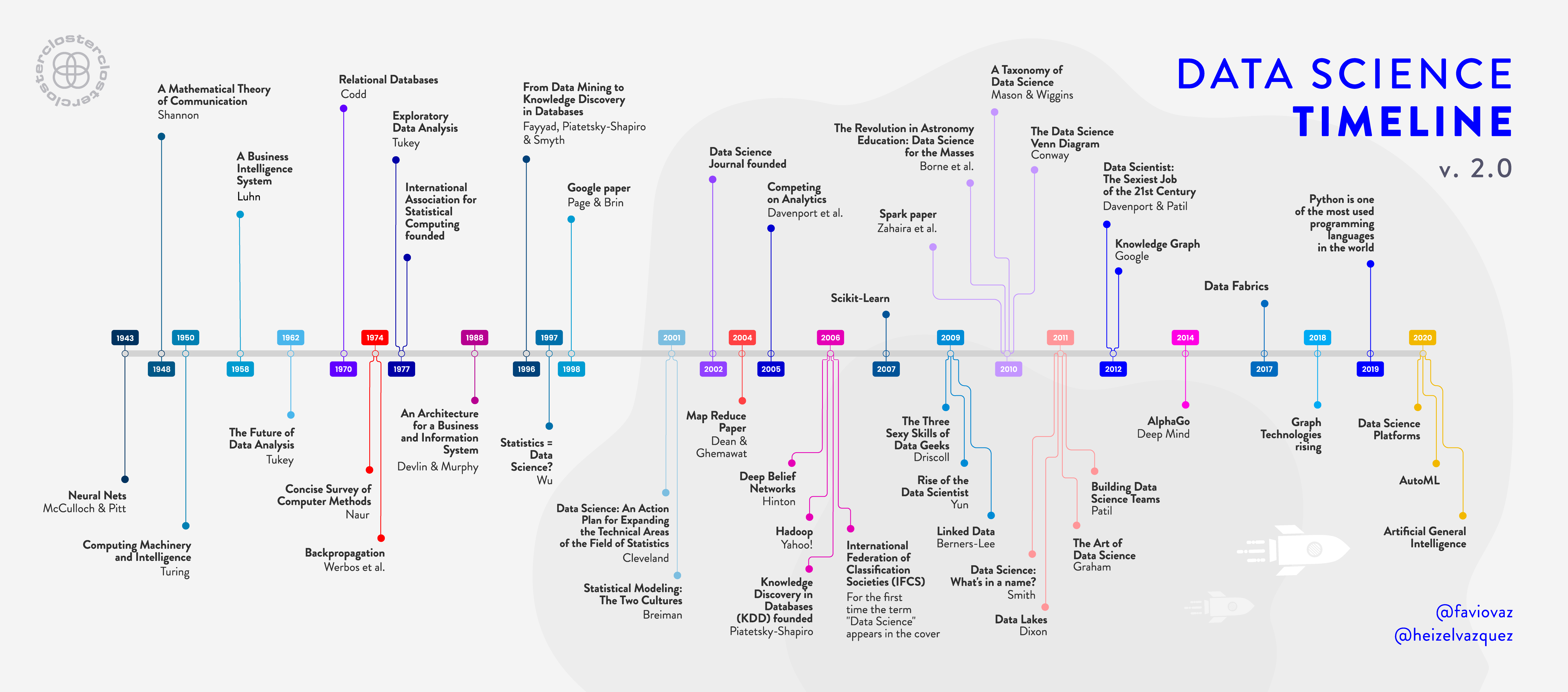
The Evolution of Data Science Education
Data science education has changed a lot. It now includes more than just computer science and statistics. For a long time, getting a formal degree was the main way to enter jobs that use data. But now, the amount of data is growing fast. There’s also a big need for skilled workers. This means there are new ways to learn. The Bureau of Labor Statistics predicts a massive 36% job growth for data scientists by 2031, highlighting the increasing demand for these skills.
Data science bootcamps have become a good choice. They have a clear, practical curriculum that helps students learn quickly. These bootcamps welcome people from different backgrounds, even those without degrees in computer science, who want to move into data jobs.
Also, as data analysis and machine learning become popular, bootcamps are changing too. They are adding these important topics to what students learn. This helps students get important skills needed to solve real-world problems.
Core Components of a Data Science Bootcamp
A data science bootcamp includes many main parts to help students gain important skills. The specific topics can change depending on the program, but most bootcamps teach these areas:
- Technical Skills: Learning programming languages like Python, SQL, and R is key for data science. Bootcamps focus on coding practice. They teach how to handle data, create algorithms, and build predictive analytics models.
- Data Analysis and Visualization: It’s vital to find important information in raw data and to share results clearly. Bootcamps teach data cleaning, statistical analysis, and how to visualize data using tools like Tableau or Power BI.
- Soft Skills Development: Just having technical skills isn’t enough for success in data science. Bootcamps understand the need for soft skills. They often provide workshops on communication, teamwork, problem-solving, and presenting information.
According to Course Report, 73% of bootcamp graduates feel prepared to embark on their new careers in technology, demonstrating the effectiveness of these programs in building job-ready skills.
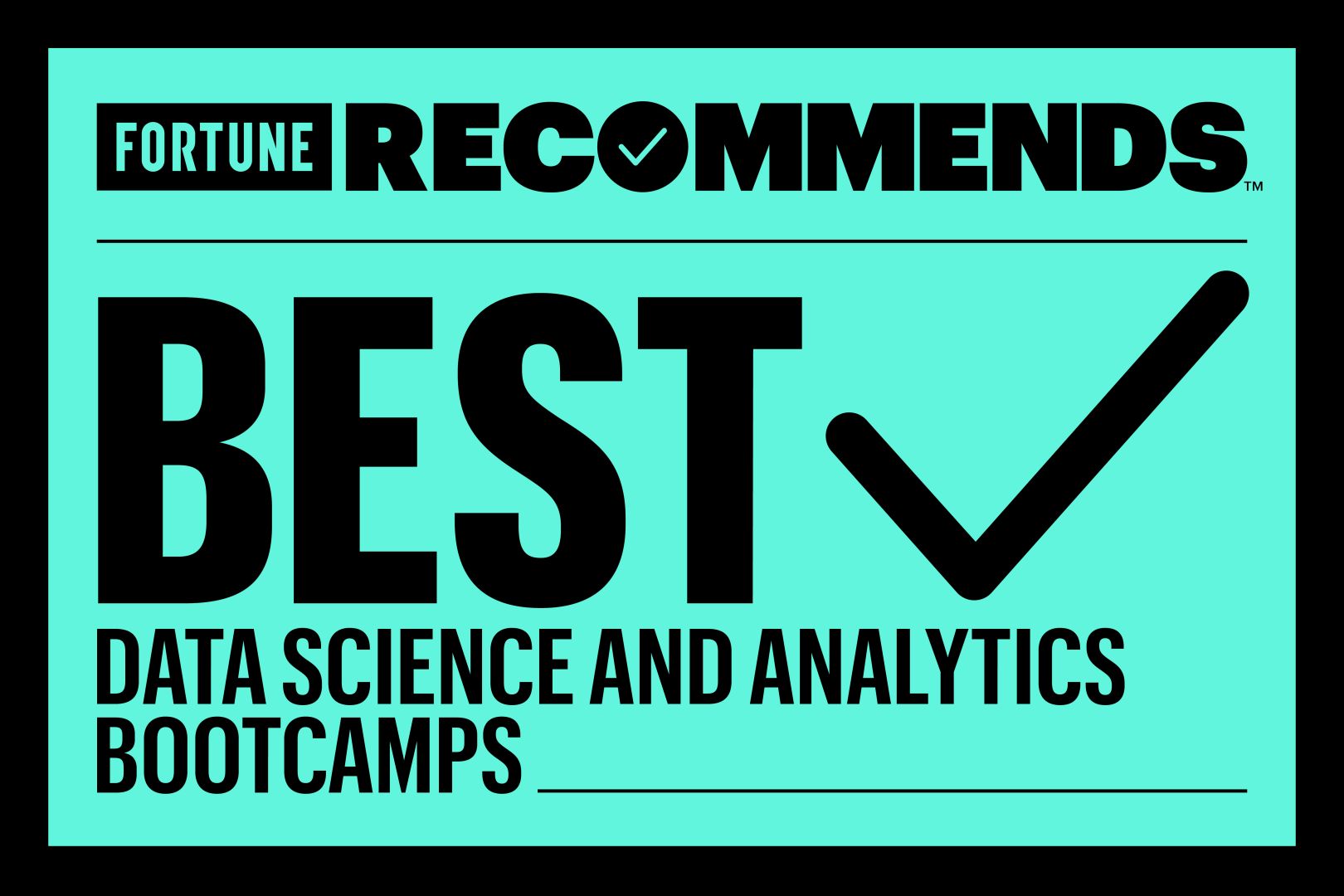
Analyzing the Investment in Data Science Bootcamps
When thinking about a data science bootcamp, it’s important to see it as an investment. Many potential students start by looking at the total cost. This cost can change based on things like how long the program is, its reputation, and where it is located. However, only focusing on the tuition without thinking about the potential return on investment (ROI) can be misleading.
Bootcamps are usually shorter and more intense, which might make them seem pricey at first. However, they often have different options for financial aid, such as scholarships, payment plans, and income share agreements to help more people join. In the end, it’s key to look at possible salary increases, chances for career growth, and the overall value you get from the bootcamp to figure out if it’s worth it. The Bureau of Labor Statistics reports that the median annual wage for data scientists was $100,910 in May 2021, with the top 10% earning more than $167,040.
Financial Commitment and Tuition Costs
Understanding the cost of a data science bootcamp is very important. Tuition can be quite different based on things like the bootcamp’s name, where it is, how long it lasts, and how detailed the courses are. Usually, prices range from a few thousand dollars for online or part-time classes to more than $20,000 for full-time, in-person bootcamps. According to the Bureau of Labor Statistics, investing in this education can lead to lucrative career opportunities.
Students should look into and compare tuition costs for different programs to find the best fit for their budget. Some may see the high cost as a problem, but many bootcamps provide financial aid, like scholarships, loans, payment plans, and income share agreements.
Also, some companies offer tuition help or reimbursement for workers who want to learn new skills. This can ease the financial strain. It’s important to check out all options and think about the possible benefits compared to the starting cost.
Comparing the ROI of Bootcamps vs. Traditional Degrees
Analyzing the return on investment (ROI) is vital when choosing between a bootcamp and a traditional degree for a data science career. While a master’s or Ph.D. might offer a comprehensive academic foundation, bootcamps focus on delivering immediately applicable job skills in a shorter timeframe.
|
Feature |
Bootcamps |
Traditional Degrees |
|
Duration |
3-12 months |
2-6 years |
|
Cost |
$10,000 – $20,000 (approx.) |
$30,000 – $100,000+ (approx.) |
|
Focus |
Practical skills, job readiness |
Theoretical knowledge, research |
|
Career Support |
Often included |
Varies |
Bootcamps excel in accelerated learning and career support, often leading to quicker job placement. Although traditional degrees involve higher upfront costs and a longer time commitment, they can offer broader career options and potentially higher earning potential in the long run. However, choosing the optimal path depends on individual circumstances, learning preferences, and career goals. According to a 2021 survey by Course Report, 79% of bootcamp graduates reported being employed in a job requiring the skills learned in bootcamp, with an average salary increase of 56%.
Curriculum and Learning Outcomes
A data science bootcamp has a carefully designed curriculum. It helps people gain the skills they need for a career in data science. These programs focus more on practical knowledge and tools used in the industry. They do this rather than just teaching theory.
Students will attend lectures, participate in hands-on workshops, complete coursework and coding exercises, and work on real projects. This combination helps them create a strong portfolio. It shows their skills in data analysis, machine learning, and other important areas. In the end, a good data science bootcamp makes sure graduates are ready for jobs. They can tackle tough problems with the skills they have learned.
Key Skills and Technologies Taught
Data science bootcamps have a specific program that teaches important skills and technologies needed to do well in this field. Students learn programming languages like Python and SQL. These are essential for working with large sets of data.
Aside from programming, bootcamps also focus on data visualization. They help students learn how to present complex results clearly using charts, graphs, and dashboards, often with tools like Tableau or Power BI. Students also learn about big data technologies such as Hadoop and Spark. These are important for working with huge datasets. Many bootcamps include these tools in their lessons.
Additionally, bootcamps give hands-on experience in machine learning, with even tech giants like Google recognizing this part of data science is growing quickly. Students learn about algorithms and how to make predictive models. They also get familiar with AI concepts. The global Hadoop market size is expected to grow from $26.74 billion in 2019 to $99.31 billion by 2027, at a CAGR of 17.8%. The program is made to prepare graduates with a variety of skills that can be used in different job roles and industries.
Project-Based Learning and Real-World Application
Data science bootcamps focus on learning through projects. This helps students use what they learn in real situations. It gives them a better grasp of the topics and prepares them with useful experience for future jobs.
The projects usually deal with real-world issues using data from different fields. This allows students to gain practical experience in cleaning data, analyzing it, creating visualizations, and building models. When students work together on some projects, it makes learning better. It also builds teamwork and problem-solving skills that are important in real data science jobs. A report by the World Economic Forum states that complex problem-solving, critical thinking, and creativity are among the top skills needed for the future workforce.
By completing projects that apply to the real world, bootcamp graduates are ready to start their careers in data science. They have a portfolio that shows their skills and their ability to achieve real results.

The Hiring Landscape for Bootcamp Graduates
The hiring scene for data science bootcamp graduates keeps changing. More companies now see the value of practical experience and specific skills. Even though traditional education is still important, many employers are more open to hiring bootcamp graduates for data science jobs.
Bootcamps help close the gap between learning and using analytics skills in real life. They create individuals who are ready to work from day one. As the need for skilled data science professionals grows faster than the number of job seekers, bootcamp graduates with a good portfolio and clear analytics skills are ready to succeed in this tough job market.
Employer Perceptions of Bootcamp Credentials
Employer views on bootcamp credentials have changed for the better in recent years. The tech industry now sees the value in practical skills and training that fit the job market, including valued training from coding boot camps. Some employers still prefer degrees from top universities, but many understand that boot camp graduates have a mix of technical skills and hands-on experience that meets their needs. According to a survey by Course Report, 72% of employers believe bootcamp graduates are just as prepared and likely to perform at a high level as degree holders.
Hiring managers are especially interested in the portfolios of bootcamp graduates. These portfolios show real projects and results. They give clear proof of what a candidate can do, which is better than just looking at resumes or school records. The short time frames and job-focused design of bootcamps attract employers who want people ready to work and able to adjust quickly to what the good job requires.
While some companies might still be doubtful, more and more employers see bootcamp credentials as a valuable asset for skilled data scientists. A study by Indeed found that 84% of employers who have hired bootcamp graduates feel they are as prepared or more prepared than candidates with computer science degrees.
Success Stories: From Bootcamp to Data Science Career
The success stories of bootcamp grads moving into rewarding data science jobs show how valuable these programs are. Many people from different backgrounds have learned new skills. With help from career support services, they have found their way in the job market and secured great jobs.
Bootcamp grads are not just starting as data analysts. They are also getting senior roles at top companies or starting their own data-driven businesses. Their achievements prove that you do not need a four-year degree to have a successful career in tech.
These inspiring stories show that with hard work, dedication, and practical skills learned in a bootcamp, you can reach your career goals. You can also make a meaningful impact in this exciting and growing field.
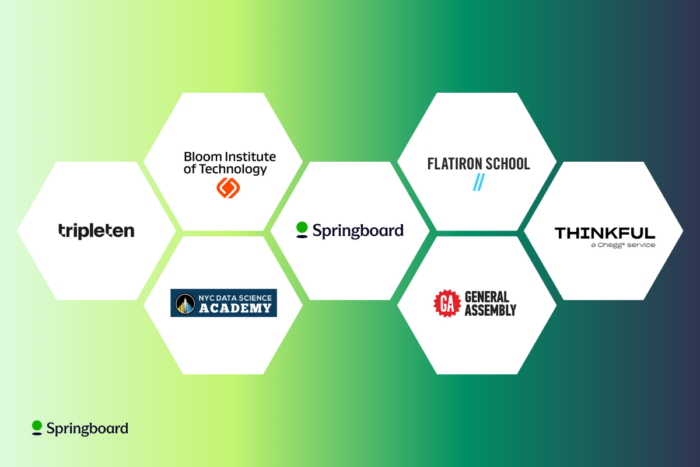
Choosing the Right Data Science Bootcamp
Choosing the right data science bootcamp is an important step to starting your career in this exciting field. There are many programs available, so it’s vital to find one that fits your needs and goals.
Think about more than just what you will learn. Look at career services, mentorship chances, alumni connections, and job placement rates. Doing some research, reading reviews, and talking to alumni can give you good insights. This will help you make a smart choice.
Factors to Consider: Curriculum, Cost, and Career Services
When you choose a data science bootcamp, it’s important to think about your needs and what you want to achieve. The program you pick should match what companies want today. It should teach key programming languages like Python, SQL, R, and JavaScript. It should also cover data visualization tools, such as Tableau and Power BI, along with machine learning concepts.
Cost is a big factor too. Prices for bootcamps can vary a lot. To understand the value, check the average salaries for bootcamp graduates in your area and compare them to what the bootcamp costs. You can also look for financial aid options, like scholarships or income share agreements, to help with the costs.
Also, focus on bootcamps that provide good career services. Look for programs that offer resume workshops, interview training, portfolio reviews, and chances to network. A strong career services team can help you find a job and increase your chances of getting a data science role after you finish the bootcamp.
The Importance of Alumni Networks and Mentorship
The value of a data science bootcamp goes beyond just what you learn in class. It also includes the alumni network and mentorship programs. A strong alumni network gives you great chances for networking, working together, and sharing knowledge. When you connect with people in the industry, you can get insights, advice, and job tips which are important for standing out in the data science world.
Mentorship, whether from the bootcamp or on your own, gives you personal guidance and support. Skilled data science professionals can share their knowledge about industry trends, help you improve your skills, and give useful advice regarding your career path.
By using alumni networks and mentorship, you can boost your career growth and build a strong support system as you start your data science job. These connections can open up new opportunities, create important relationships, and improve your overall learning experience.
Maximizing Your Bootcamp Experience
A data science bootcamp gives you a chance to learn a lot quickly. To get the most out of it, you need to join in and stay focused. Take part in group activities, talk to your teachers and classmates, ask questions, and get help when you need it.
Work on creating a good portfolio that shows the skills you gained and the projects you finished during the program. Also, connect with people in the industry, go to workshops, and get involved in the data science community. This will make your bootcamp experience better and help you move into the field successfully.
Engaging with the Data Science Community
Engaging with the data science community is important for your growth and learning. It can help you advance your career too. You should join online forums like Stack Overflow or Reddit. Here, you can join discussions, ask questions, and learn from people with more experience.
You can also attend data science meetups, workshops, or conferences in your area. This is a great way to meet other fans, learn about new trends, and connect with possible employers.
Building a strong online presence is key, especially on LinkedIn. It can really increase your visibility and help with networking. You can share your projects, connect with leaders in data science, and join groups. This will keep you informed about the latest in data science.
Building a Portfolio of Real-World Projects
A strong portfolio is very important for a data scientist. It shows off your skills and what you can do to those who may hire you. While you go through the bootcamp, make sure to create a portfolio that shows a variety of your skills. This should include data analysis techniques, programming languages, and how you solve problems.
Work on projects that solve real-life issues. You can use public datasets or team up with local businesses to get practical experience. Make sure to clearly explain your methods and results for each project. Highlight the insights you gained and how your work made a difference.
A well-organized and interesting portfolio can help you stand out. It shows your love for data science and your ability to use your skills in real situations.
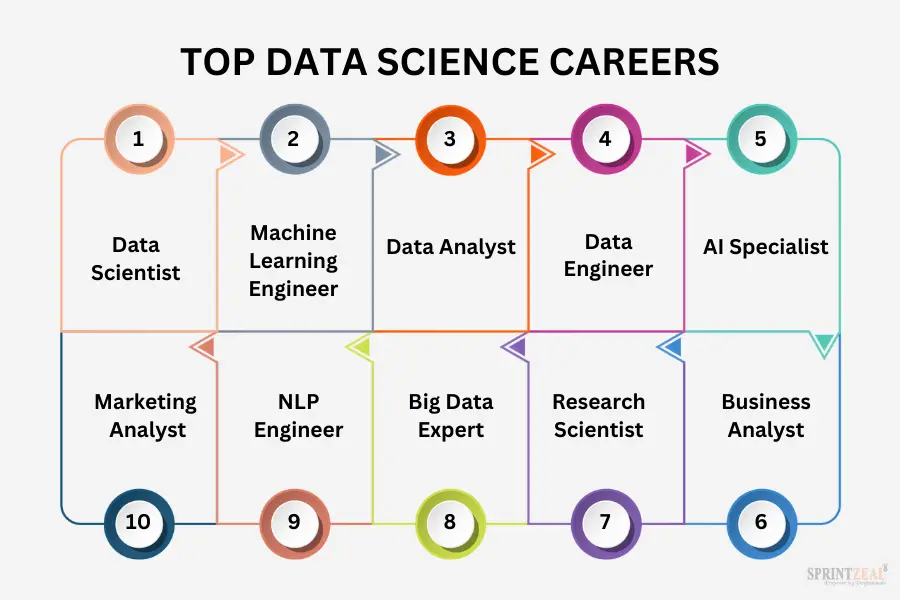
Transitioning to the Job Market
Transitioning into the data science job market after bootcamp needs a smart plan and good self-promotion skills. Use the career support services from your bootcamp. These include resume building workshops, mock interviews, and help with getting a job.
Make a strong resume that shows off your new skills, projects, and experiences from the bootcamp. Use your network, go to job fairs, and check online platforms like LinkedIn to find job openings that fit you.
Resume Building and Interview Preparation
A well-made resume is very important for anyone who wants to be a data analyst. Make sure to showcase the new skills you learned in the bootcamp. Focus on any programming languages like Python and SQL. Include data visualization tools such as Tableau and any machine learning techniques you mastered. Use numbers to show your achievements and results in projects. This will help show your impact.
Getting ready for the interview is very important too. Practice answering common questions for data analyst roles. Pay attention to technical ideas, problem-solving methods, and how you think. Research your potential employers. Learn about their work so you can ask smart questions. This will show you care about their data needs.
Don’t forget to show your love for data science. Being excited and eager to learn is very important in interviews. Be ready to talk about projects in your portfolio. Highlight your skills in analyzing data, solving problems, and finding useful insights.
Navigating Job Offers and Negotiating Salaries
Congratulations on getting job offers after your data science bootcamp! Now, you have an exciting but challenging task. You need to handle multiple offers and negotiate your worth. Before you start negotiating, research the salary for similar data science roles in your area. Think about your experience level and the size of the company. Websites like Glassdoor or Salary.com can help you find useful information.
When you look at job offers, think about what is more than just salary. Consider benefits, work-life balance, company culture, and chances for professional growth. These factors matter for long-term job happiness and success.
In salary talks, be confident and respectful. Be ready to explain your value based on your skills and market standards. Point out your achievements and how you can help the company right away. Show that you want to learn and grow in the role. Remember, negotiation works both ways. Be open to discussing other benefits or perks if the salary cannot change.
The Future of Data Science Education
As technology changes quickly, data science is also changing. The future of learning in data science will likely mix traditional and new ways, including an emphasis on blockchain development. There will be a big focus on continuous learning and specialization. Bootcamps will take on a bigger role. They will change their programs to keep up with the need for specific skills in areas like machine learning and deep learning.
Having practical experience will be more important. This means project-based learning, real-world applications, and working together with industry partners will add more value. As the data science field grows, people who keep learning, improve their skills, and specialize will do best in this fast-changing world.
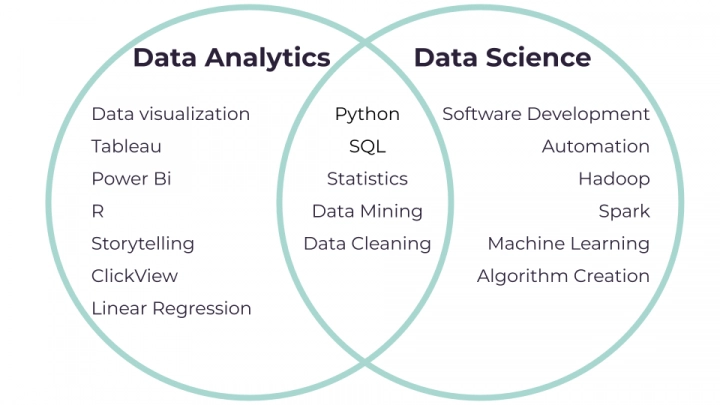
Trends and Predictions in Bootcamp Offerings
Bootcamp programs are always changing to keep up with the tech world. A new trend is focusing on specialized areas in data science. As companies use data for specific goals, bootcamps now offer programs in areas like healthcare analytics, fintech, or marketing analytics. This helps graduates gain valuable skills.
Another trend is bringing new technologies into the learning material. You can expect more focus on artificial intelligence, machine learning, deep learning, and cloud computing. Bootcamps might include tools and frameworks that people use in real life to help graduates stay competitive.
Lastly, there is a growing need for flexible education. This is increasing the popularity of online and hybrid formats. Bootcamps that provide online classes, interactive platforms, and remote mentorship will reach more people. This approach breaks down barriers and fits different learning styles.
The Role of Continuous Learning and Specialization
In the fast-changing field of data science, learning should never stop. It’s very important for long-term success. As new technologies come up, tools get better, and what the industry needs changes, it’s essential to keep learning to stay competitive and flexible.
More and more people are choosing to specialize in data science, including data engineering. This lets them gain deep knowledge in areas they care about and that fit their career goals. Whether it’s machine learning, deep learning, natural language processing, or data visualization, focusing on one area can lead to special chances and make you a desired expert.
You can stay ahead in this field by looking for online courses, going to workshops and conferences, getting certifications, and joining the data science community. By making continuous learning and specialization your focus, you keep your skills useful and help your career grow in this exciting and changing area.
Conclusion
Data Science Bootcamps give a lively way for people wanting to work in data to learn useful skills. These programs are hands-on and help you jump into the job market quickly. The education scene is changing, and these bootcamps focus on real projects and popular tech. Although the cost might differ, looking at the ROI compared to traditional degrees shows better job chances. Getting involved with alumni networks and having mentors also make your learning better. As the field of data science grows, it’s important to keep learning and specialize to grow in your career. In short, joining a Data Science Bootcamp can help you enter this high-demand industry fast and lay a strong groundwork for a successful data science career.
References
- https://www.edx.org/course/gw-data-analytics-boot-camp
- https://www.edx.org/course/university-of-wisconsin-data-analytics-boot-camp
- https://www.bls.gov/ooh/computer-and-information-technology/database-administrators.htm#tab-5
- https://www.coursereport.com/blog/are-data-science-bootcamps-worth-it
- https://www.coursereport.com/best-data-science-bootcamps
- https://www.dataquest.io/blog/learn-data-science/
- https://www.dataquest.io/blog/data-science-certificate/
- https://www.freecodecamp.org/news/r-programming-course/
- https://brainstation.io/
- https://datadrivendaily.com/role-of-data-science-bootcamps-in-closing-skills-gap/

